This is a guest post by Ryan Sauer.
Project procurement management is a requirement for every project.
No two projects are the same.
Mostly, a project requires additional manpower, goods, or services from outside vendors.
Procurement is a necessity for most projects.
This is an important responsibility and opportunity for project managers to showcase their skills and prove they can accomplish tasks requiring external resources.
Definition: Project procurement management is a process of selecting, acquiring, coordinating, and maintaining the commodities and services to achieve the project objectives.
Therefore, a project manager must understand the project procurement management process.
Project Procurement Management
The project procurement management process ensures all products, materials, goods, and services required for the project are acquired and available when needed.
Project procurement processes ensure good relationships with external suppliers and vendors.
Project procurement management has four processes:
- Plan Procurements
- Conduct Procurements
- Administer Procurements
- Close Procurements
Plan Procurements
This initial step involves an analysis of the scope of the job and finding what is required to address its need. How much outsourcing will be required? What quantity of materials will be needed from outside vendors, and when? Get precise numbers so that the bidders can provide accurate estimates.
If the information is unavailable to the organization, the project manager can raise a Request for Information (RFI) to get vendor estimates.
You must ensure that estimates align with the projected budgets. Also, the old saying that “time is money” is essential during this stage. Keep watching the project time and ensure that resources are available so you can complete the project before the deadline.
What type of contract will you use for procurement? Would a fixed-price, a cost-reimbursable, or a time and materials contract work best? Regardless of the contract type, the terms and conditions must be clearly stated to avoid confusion with vendors over expectations, performance, or compensation.
Conduct Procurements
With the planning stage complete, it is time to evaluate responses and bids from vendors, narrow down the list of choices, and award a contract. Attention to detail is critical in this process. Not everyone interprets a Request for Proposal (RFP) and a Request for Quotation (RFQ) the same way, so potential vendors must understand the work involved or the materials required.
In this process, bidders can clarify any misunderstandings about the scope of work or statement of work. Scheduling a bidder conference with interested vendors can help resolve questions and issues before bidding.
Research the performance and financial history of the bidders. Have they handled similar projects? If so, what were the results? Then, match the RFP criteria against the bidders’ qualifications and proposals.
Administer Procurements
The project pieces are in place. Now, you must ensure the project is running smoothly and progressing as planned. This process is about monitoring success, evaluating performance, and making changes or corrections when necessary.
Procurement audits, performance reviews, and inspections can be incorporated into this phase. These audits discover problems early rather than when deadlines are looming. Vendor payments can be dependent upon completing specified portions of the project within budget and on time.
Close Procurements
After the procurement is completed, you must verify that the work fulfills the stated contract requirements and that stakeholders are satisfied. If these conditions are met, you will close the contract. Were deadlines met? Did the vendor have any cost overruns? It is common for inspectors to be on hand during this process to resolve any technical issues.
The final procurement audit is also an opportunity to discuss shortcomings and gather information that could improve future project procurement contracts.
A project manager shoulders many responsibilities throughout the project procurement process, from determining who will create the request for information and request for proposal to developing a timeline for project milestones and verifying the receipt of materials. Therefore, project managers must communicate regularly with vendors, team members, supervisors, and regulatory agencies.
The Role of the Project Manager in Project Procurement Management
Unless you are working in a small organization, you will have a separate department in your organization dealing with procurement-related tasks. This department has a purchasing engineer, procurement officer, and legal experts managing procurement contracts.
However, a project manager is key in the project procurement process. They are aware of procurement requirements and provide information on the procurement department.
The role of the project manager in procurement management is as follows:
Planning Process
In the planning phase, the project manager will collect the procurement requirements and coordinate with the procurement department to develop the procurement plans. The planning will include estimation, designing, creating a vendor list, etc.
Executing and Controlling Procurements
In executing and controlling phases, the project manager helps carry out procurement activities such as receiving commodities or services and ensuring that these are as per the contract terms and conditions.
Close Procurements
Here, the project manager will ensure that the seller has provided the required material in the correct quantity and specification. If it is a service, they will verify the service has been completed and complies with the requirements. Then they will inform the procurement department so they can release the payment and close the contract.
Who Can Use Project Procurement Management?
All businesses need procurement, and every industry that needs to grow and expand its operation must use one since they cannot do everything independently.
In a nutshell, all organizations can use project procurement management such as:
- Construction
- Manufacturing
- Automatable
- Healthcare
- Pharmaceutical
- Information Technology
- Finance
- Etc.
Benefits of Project Procurement Management
Project procurement management offers immense benefits to organizations managing projects. Some benefits are as follows:
Save Cost
If the organization lacks skills, technical know-how, equipment, etc., completing the task would cost a lot, and the chances of failure will increase. However, if they go for procurement, they can hire a specialized contractor to do the job with less cost as they are skilled, has the know-how, and can complete the task quickly with high-quality output.
Businesses can go for competitive contracts and select the best offer with the lowest cost and valued offer.
It saves business costs.
Better Quality
A buyer can invite specialized sellers and review their offers. Then, based on their technical submission, the buyer will select the best seller to provide service; this ensures that the quality of service or product will be of the best quality.
Low Risk
Most of the time, in procurement, the task is completely handed over to the seller, who is responsible for completing the task and managing the risks that arise during the contract duration. It reduces the risk to the seller. However, if the consequences are high, the cost of the procurement can increase significantly to cover the risk contingencies.
Summary
Project procurement management helps project managers acquire services or commodities used for their projects from external resources at the desired time. It helps build good relationships with suppliers and vendors.
Ryan Sauer is a writer and editor for Bisk Education in association with University Alliance. His writing includes topics in project management such as online PMP certification, which helps prepare professionals interested in project management to succeed. Through the University Alliance, Ryan writes to help enable professionals to obtain project management certification.

I am Mohammad Fahad Usmani, B.E. PMP, PMI-RMP. I have been blogging on project management topics since 2011. To date, thousands of professionals have passed the PMP exam using my resources.

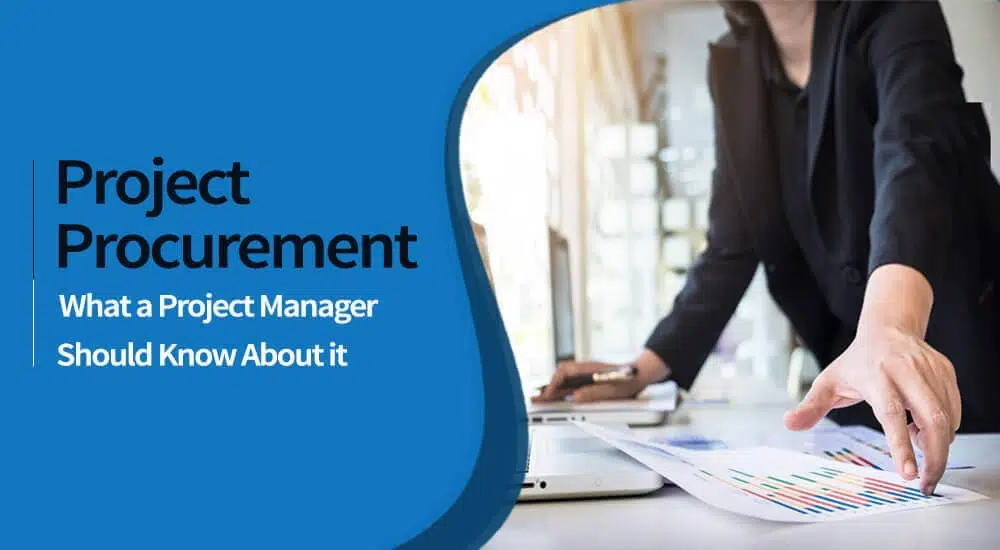
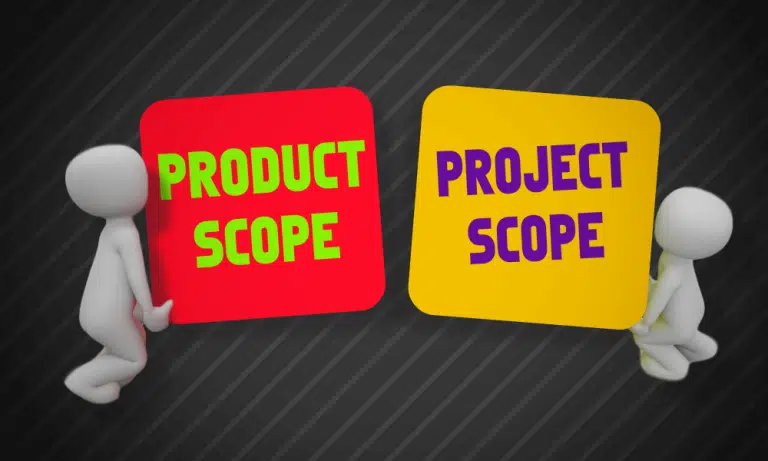
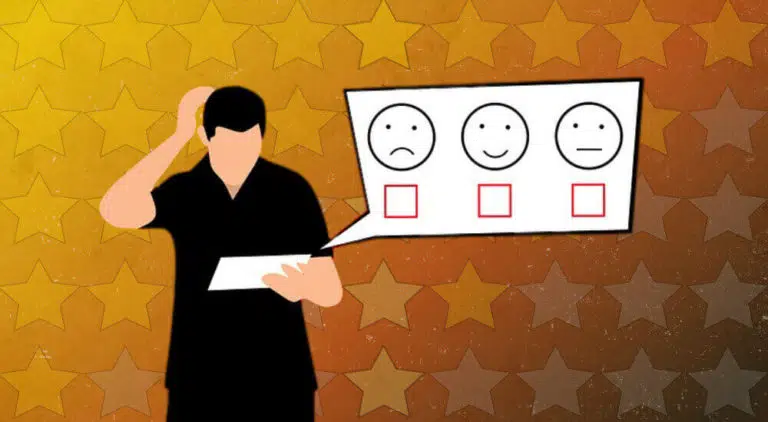
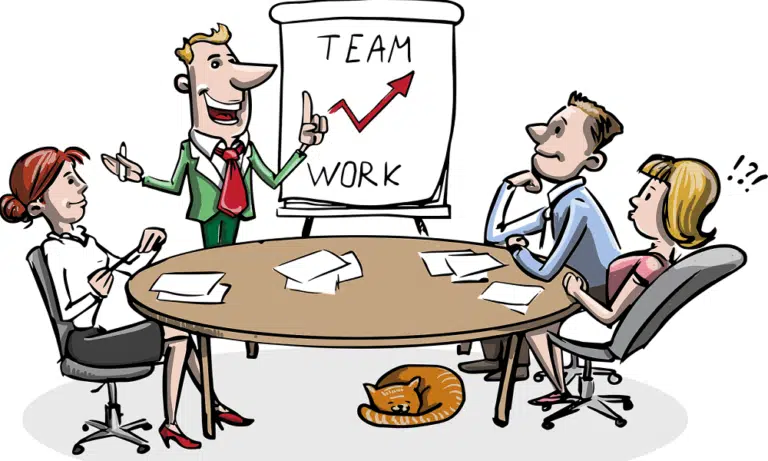
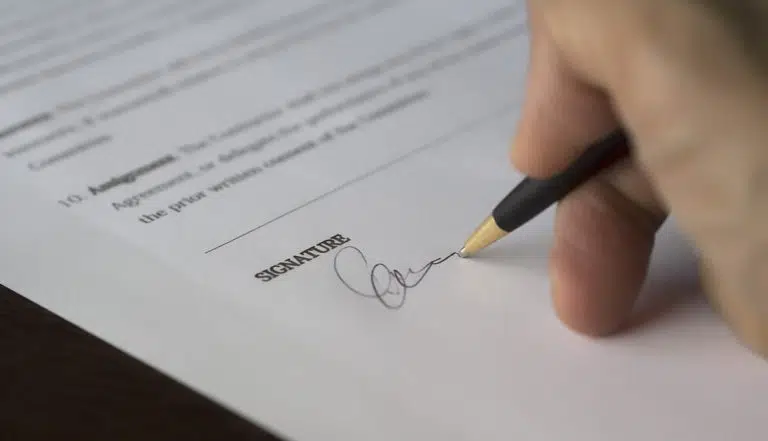
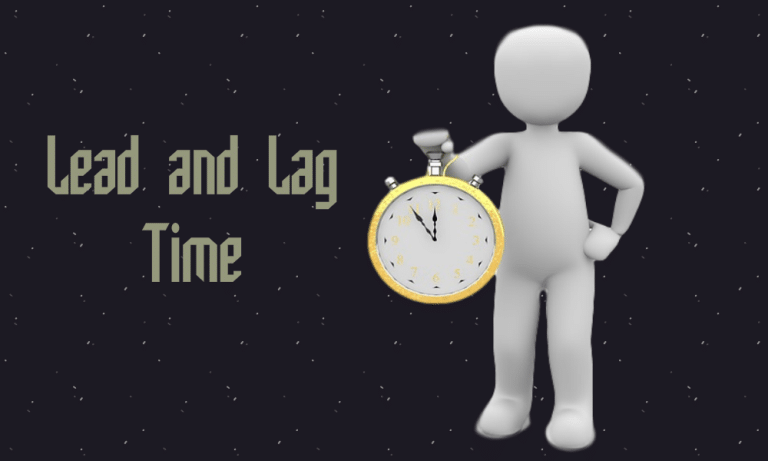

Hi Fahad, I have recently joined PMSTUDYCIRCLE and I find the information provided on your blogs.It is quite easy to understand and you back the explaination with relevant info which makes concepts very clear to me.
Thank you Sarah for your visit and leaving comment.
Where is the key points summary you used to do to overcome conflicts in concepts ,i hope you add ,it will be a great assist .
This post is not written by me.
Dear Fahad, Who is the owner of Project Procurement plan. Can you please write small post on this subject
Regards
Fawad
Project procurement plan is a project document and till the project ends it is under custody of project management team and once the project completes it becomes a part of the organizational process assets.
Hi Fahad, I have recently joined PMSTUDYCIRCLE and I find the information provided on your blogs quite easy to understand and you back the explaination with relevant info which makes concepts very clear to me. As per what Faisalg mentioned above, would you be able to tell us when your blog on “types of contracts” will be out. We are eagerly waiting since the types are quite confusing. Thanks again for all the good help provided.
Regards,
-Amit.
Currently I’m writing a blog post on contact hours. After that I will go for it.
Bro,
Would you please go further about the type of contract and provide more explanation and example for each type?
I do appreciate your effort/assistance.
Many Thanks.
Okay Faisal, I have added it to my to do list. Soon you will see a blog post covering this topic.
Fahad
in the “Close Procurement” it is mentioned “during this phase the project has been completed ” this will depends if the the Procurement has been The Whole Project, if not then maybe there are several other procurements to close before closing the project.
Thanks
Yes, you’re right. Close procurement does not mean the close project.
https://pmstudycircle.com/2012/02/close-procurement-vs-close-project
And thanks for stopping by at PM Study Circle.
There is a gap I think between the “conduct” and administer Procurement, I could not tell when the choosing a vendor / award to a vendor took place, at the end of Conduct or the begining of “Adminster” …Thanks
The PMBOK Guide 4th edition – page 328, Point 12.2 says that
Conduct procurement is the process of obtaining seller responses, selecting seller, and awarding a contract.
I hope gap is filled now.
:)